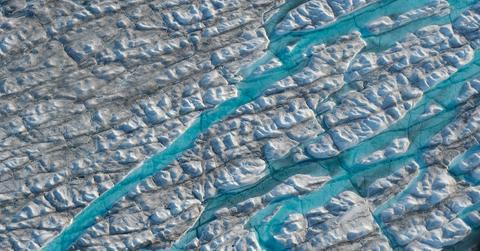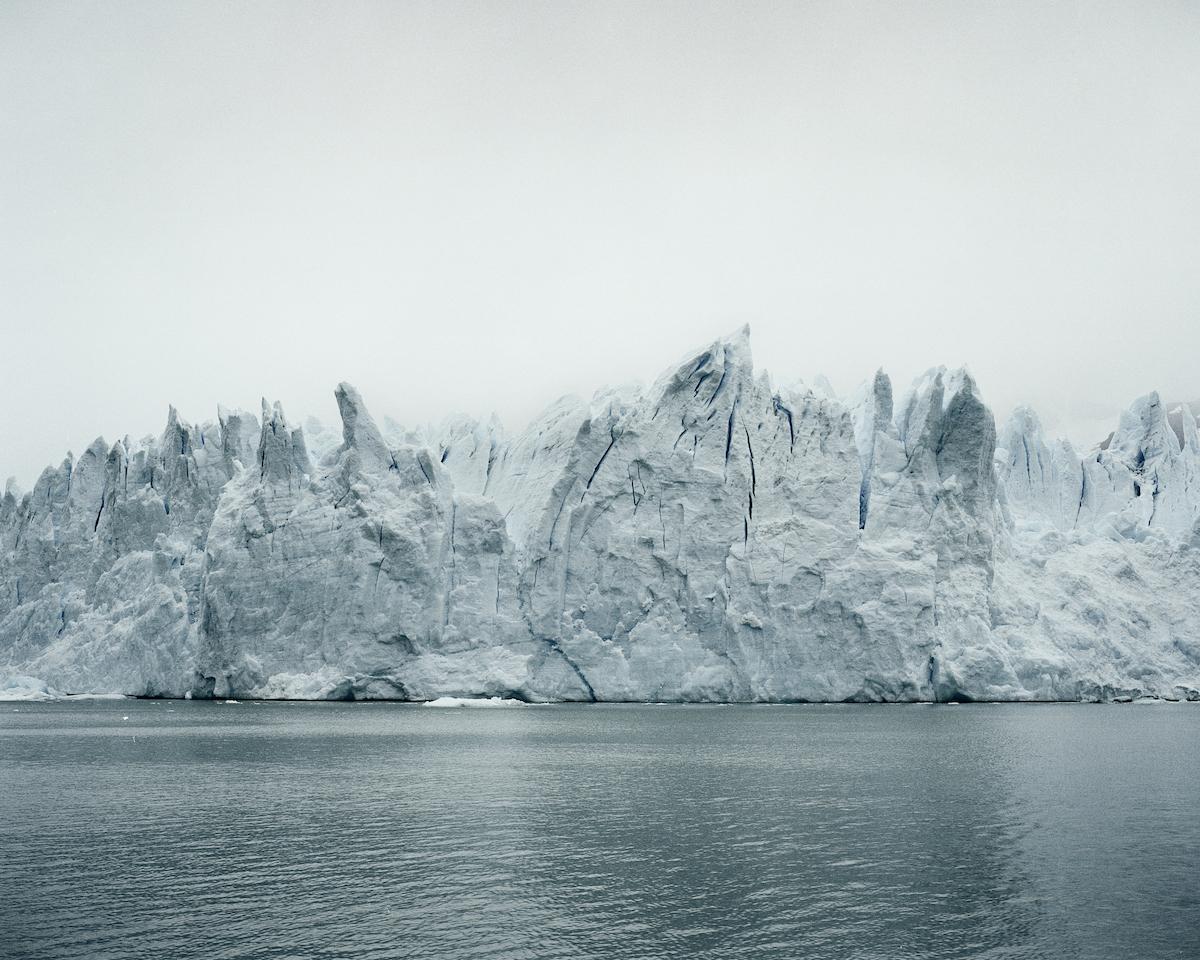Global Ice Loss Is Catching Up to Worst-Case Scenario Predictions
Updated Jan. 25 2021, 3:53 p.m. ET

Melting ice sheets is one of the most cliché signifiers of global warming and the climate crisis — but clichés originate in the truth, after all, and ice sheets are still melting. In fact, new research has found that the rate of global ice loss — aka melting ice sheets — is higher than ever before.
On Monday, Jan. 25, 2021, researchers from the University of Leeds, the University of Edinburgh, University College London, and Earthwave published their findings in European Geosciences Union’s journal The Cryosphere.

According to the study, ice melt over the past three decades has steadily increased — in the 1990s, there was an average global ice melt of 0.8 trillion tonnes per year; by 2017, there was an average of 1.3 trillion tonnes per year. In total, the rate of ice loss has increased by 65 percent between 1994 and 2017.
Overall, between 1994 and 2017, planet Earth lost 28 trillion tonnes of ice. To put that in perspective, that would be equivalent to a 100-meter-thick sheet of ice the size of the U.K.
This melting ice has been the most concerning in two polar climates: Antarctica and Greenland. 58 percent of the ice loss happened in the northern hemisphere, while the other 42 percent happened in the southern hemisphere.
“Although every region we studied lost ice, losses from the Antarctic and Greenland ice sheets have accelerated the most,” lead author Dr. Thomas Slater said in a statement for the University of Leeds. “The ice sheets are now following the worst-case climate warming scenarios set out by the Intergovernmental Panel on Climate Change. Sea-level rise on this scale will have very serious impacts on coastal communities this century.”
The Intergovernmental Panel on Climate Change (IPCC) is a UN-run organization that shares up-to-date scientific data on climate change with governments around the world.
This rapid ice melt poses a series of significant issues for Antarctica, Greenland, and other cold climates. For one thing, it has a strong correlation with sea level rise.
“Sea ice loss doesn't contribute directly to sea level rise but it does have an indirect influence. One of the key roles of Arctic sea ice is to reflect solar radiation back into space which helps keep the Arctic cool,” co-author Dr. Isobel Lawrence explained in a statement.
“As the sea ice shrinks, more solar energy is being absorbed by the oceans and atmosphere, causing the Arctic to warm faster than anywhere else on the planet,” she continued. “Not only is this speeding up sea ice melt, it's also exacerbating the melting of glaciers and ice sheets which causes sea levels to rise.”
As these ice sheets melt and glaciers retreat, people and animals around the world “at both local and global scales” are at risk, according to report co-author Inès Otosaka.
On a global scale, when sea level rise gets out of hand, coastal areas experience high flood risks. Cities like Miami, New York City, and New Orleans could wind up underwater by the end of this century if we don’t take action, as reported by Business Insider.
On a local scale, “mountain glaciers are also critical as a freshwater resource for local communities,” as per Otosaka. With fewer mountain glaciers, people who depend on these for a source of water could suffer. Not to mention, animals who rely on or live on glaciers and ice sheets may suffer; according to GlacierHub, this long list of animals includes polar bears, penguins, seals, snow leopards, bison, and reindeer.